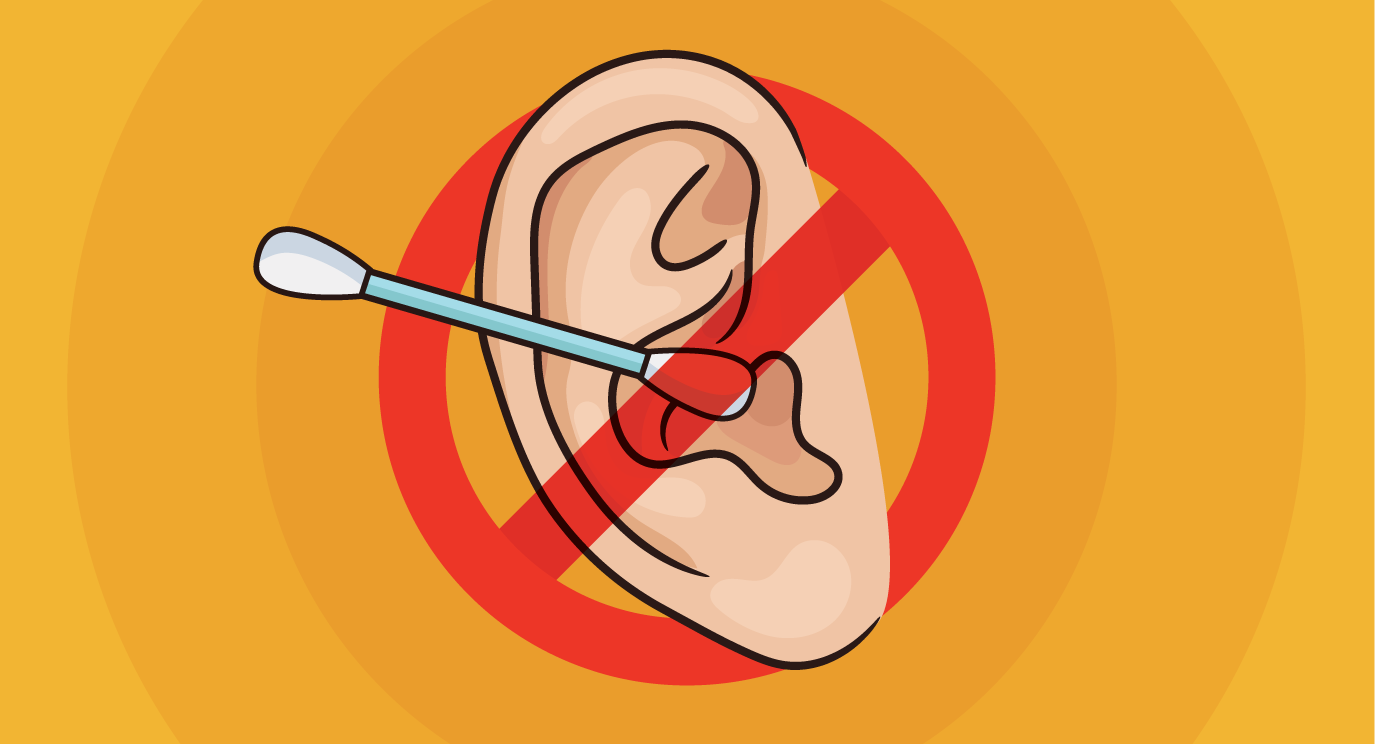- Diseases
- Acoustic Neuroma (16)
- Adrenal Gland Tumor (24)
- Anal Cancer (70)
- Anemia (2)
- Appendix Cancer (18)
- Bile Duct Cancer (26)
- Bladder Cancer (74)
- Brain Metastases (28)
- Brain Tumor (234)
- Breast Cancer (726)
- Breast Implant-Associated Anaplastic Large Cell Lymphoma (2)
- Cancer of Unknown Primary (4)
- Carcinoid Tumor (8)
- Cervical Cancer (164)
- Colon Cancer (168)
- Colorectal Cancer (118)
- Endocrine Tumor (4)
- Esophageal Cancer (44)
- Eye Cancer (36)
- Fallopian Tube Cancer (8)
- Germ Cell Tumor (4)
- Gestational Trophoblastic Disease (2)
- Head and Neck Cancer (14)
- Kidney Cancer (130)
- Leukemia (342)
- Liver Cancer (50)
- Lung Cancer (286)
- Lymphoma (278)
- Mesothelioma (14)
- Metastasis (30)
- Multiple Myeloma (100)
- Myelodysplastic Syndrome (60)
- Myeloproliferative Neoplasm (6)
- Neuroendocrine Tumors (16)
- Oral Cancer (102)
- Ovarian Cancer (178)
- Pancreatic Cancer (160)
- Parathyroid Disease (2)
- Penile Cancer (14)
- Pituitary Tumor (6)
- Prostate Cancer (150)
- Rectal Cancer (58)
- Renal Medullary Carcinoma (6)
- Salivary Gland Cancer (14)
- Sarcoma (238)
- Skin Cancer (300)
- Skull Base Tumors (56)
- Spinal Tumor (12)
- Stomach Cancer (66)
- Testicular Cancer (28)
- Throat Cancer (92)
- Thymoma (6)
- Thyroid Cancer (100)
- Tonsil Cancer (30)
- Uterine Cancer (86)
- Vaginal Cancer (18)
- Vulvar Cancer (22)
- Cancer Topic
- Adolescent and Young Adult Cancer Issues (22)
- Advance Care Planning (12)
- Biostatistics (2)
- Blood Donation (18)
- Bone Health (8)
- COVID-19 (360)
- Cancer Recurrence (120)
- Childhood Cancer Issues (120)
- Clinical Trials (628)
- Complementary Integrative Medicine (22)
- Cytogenetics (2)
- DNA Methylation (4)
- Diagnosis (238)
- Epigenetics (6)
- Fertility (62)
- Follow-up Guidelines (2)
- Health Disparities (14)
- Hereditary Cancer Syndromes (128)
- Immunology (18)
- Li-Fraumeni Syndrome (8)
- Mental Health (122)
- Molecular Diagnostics (8)
- Pain Management (62)
- Palliative Care (8)
- Pathology (10)
- Physical Therapy (18)
- Pregnancy (18)
- Prevention (936)
- Research (390)
- Second Opinion (78)
- Sexuality (16)
- Side Effects (616)
- Sleep Disorders (10)
- Stem Cell Transplantation Cellular Therapy (216)
- Support (408)
- Survivorship (328)
- Symptoms (182)
- Treatment (1788)
Flu shot side effects and how to manage them
3 minute read | Published October 23, 2024
Medically Reviewed | Last reviewed by Krithika Srinivasan, M.D., on October 23, 2024
A throbbing head. A sore arm. Feeling downright blah.
Side effects after a flu shot can be uncomfortable, but do they mean you shouldn’t get vaccinated? My answer is a resounding no. As a physician, I believe the flu vaccine is a key way to protect yourself and others from the flu and to help prevent severe illness and complications. The benefits of a flu shot outweigh the temporary discomfort of potential side effects.
Still, I understand that getting shots isn’t the most fun activity and that these temporary side effects may be a barrier to getting the influenza vaccine. That’s why I'm sharing information about flu vaccine side effects and how to manage them.
Related: Here are the seasonal vaccines you need this fall
What are some common side effects of the flu shot?
Some people can have side effects to the flu shot. The most common side effects of the flu shot include:
- Injection site pain
- Headache
- Muscle aches
- Fatigue
The symptoms of getting a flu shot are generally mild, especially when compared to influenza itself.
Like all medications, there is a very small risk of having an allergic reaction or experiencing other serious side effects from the flu shot. However, this is extremely rare.
Can you get the flu from a flu shot?
No. Flu shots given with a needle do not contain any live virus. This means you cannot get the flu from the vaccine.
The flu mist, a nasal spray that is another flu vaccination option, does contain live virus. However, the Centers for Disease Control and Prevention (CDC) writes that the live virus in the flu mist is a weakened strain and unlikely to cause the flu. However, the flu mist still isn’t recommended for people with weakened immune systems, including some cancer patients and those receiving or working with patients with cancer treatments such as stem cell transplants.
How long do flu shot side effects last?
Most of the common side effects – like those listed above – typically appear shortly after receiving your shot.
These symptoms are typically mild and last a short period of time. They usually resolve within 24 to 48 hours.
How can I manage flu shot side effects?
Here are three quick and easy ways to manage some common flu shot side effects.
- Injection site pain: After getting your flu shot, apply pressure to the injection site to help reduce discomfort.
- Aches and pains: Over-the-counter pain relievers like ibuprofen or acetaminophen can ease any pain that develops.
- Arm stiffness: Keep your arm moving to prevent stiffness. Inactivity can increase soreness.
Is it still worth getting vaccinated if you get side effects?
Yes. While some people may still get the flu after vaccination, their disease course is typically milder than if they didn’t get vaccinated. Additionally, flu vaccinations reduce hospital stays, intensive care unit admissions and deaths caused by the flu virus.
Remember, it takes about two weeks to get full protection from your flu shot. Getting your flu shot a few weeks prior to any group activities ensures you’ll have the full protection from your vaccine and gives you time to recover after any vaccine-related side effects.
Request an appointment at MD Anderson online or call 1-877-632-6789.

The benefits of a flu shot outweigh the temporary discomfort of side effects.
Krithika Srinivasan, M.D.
Physician





